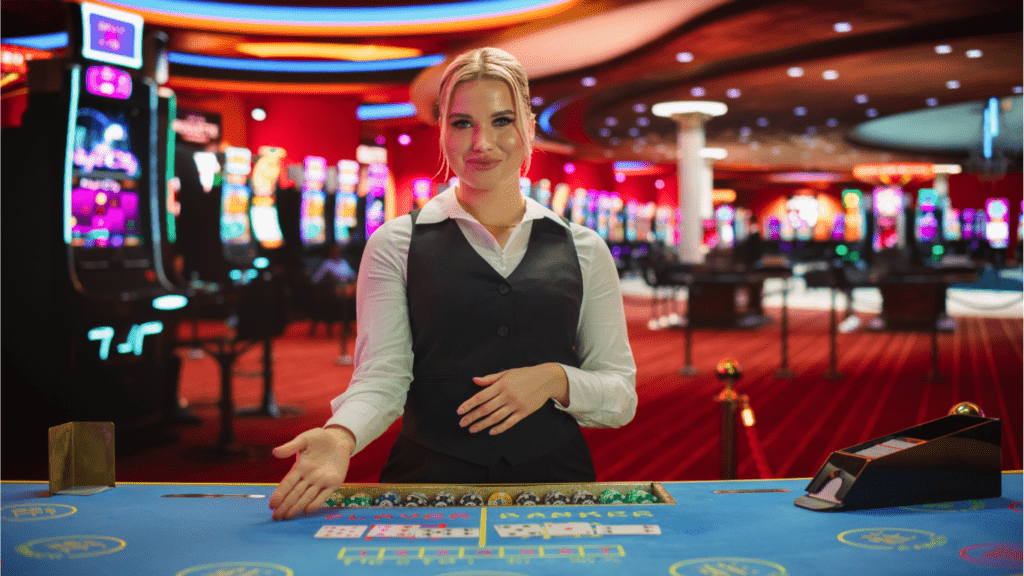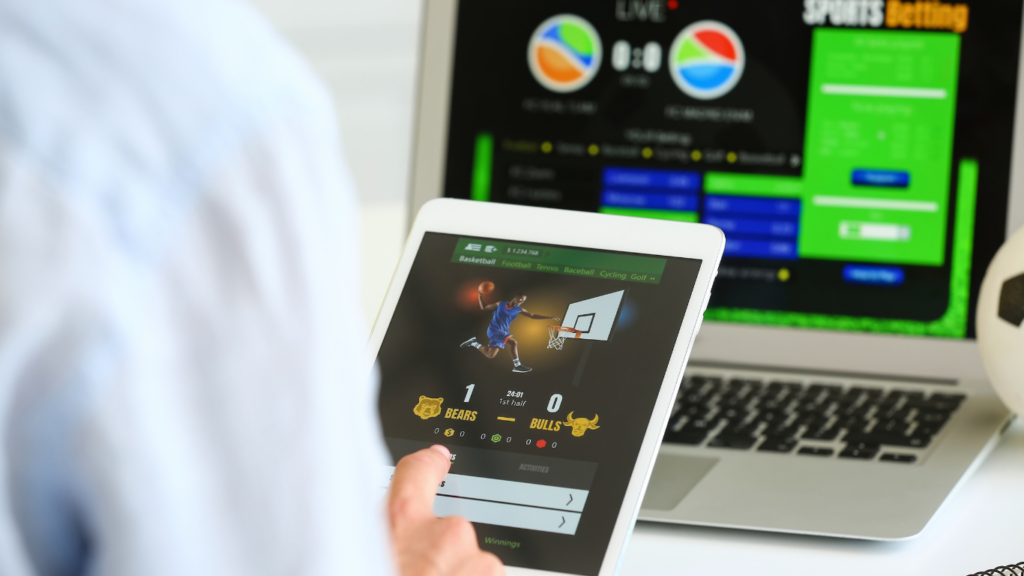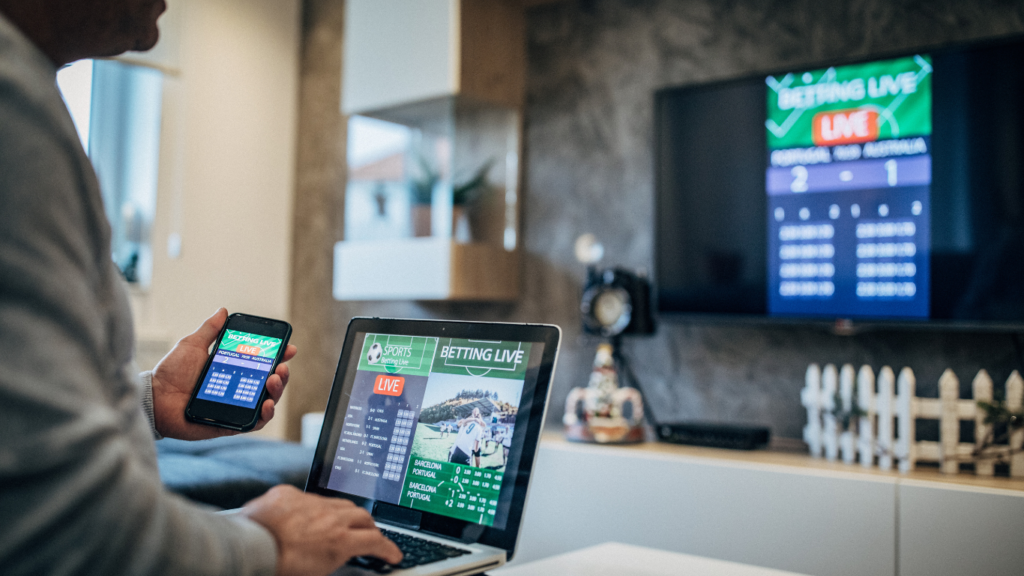What Drives a Smart Bet, Really?
There’s a big gap between trusting your gut and making a calculated risk. A hunch is instinct fast, sometimes useful, often wrong. It’s the voice that tells you to pick the underdog because of a feeling. A calculated risk, on the other hand, weighs variables: team performance, player stats, sportsbook trends, context. One is emotional. The other is informed.
But even calculated risks aren’t bulletproof. Why? Because psychology isn’t some background noise it’s a core driver in betting behavior. Confirmation bias, for example, pushes you to look only for data that backs what you already believe. Anchoring bias makes your first impression of a team stick, even after the facts change. These mental shortcuts sneak in and sway judgment without you even noticing.
Understanding your own mind is often more important than understanding the odds. Odds are fixed truths. Your perception of them is not. If your thinking is clouded by fear, ego, or wishful thinking your strategy’s already compromised.
Bottom line: the smartest bettors know they have blind spots, and they build systems to keep those blind spots in check. Discipline isn’t just about sticking to a bankroll it’s about checking your own thoughts before placing a wager.
Cognitive Biases That Sabotage Wagers
The human brain wasn’t built for sports betting. It was built for survival and sometimes, those instincts lead us straight into bad bets.
Start with recency bias. Win big on Sunday, and suddenly you trust your gut more than the stats. Lose hard, and you’re chasing a bounce back that isn’t backed by reason. The last outcome feels more important than the full picture. That’s a trap.
Then there’s the gambler’s fallacy. You’ve lost five bets in a row so the next one has to hit, right? No. The odds reset every time. A coin doesn’t care what side it landed on last. Neither do sportsbooks. Thinking otherwise is a mental glitch that costs people money.
Overconfidence is just as sneaky. You call a few wins, feel like a genius, and start pushing your luck. You overreach. You stop double checking the matchups or injury status. Being right before makes you think you can’t be wrong now. That’s not betting it’s a bias in play.
Awareness is your defense. When a bet feels urgent or obvious, pause. Ask yourself: Am I reacting to emotion or making a data driven decision? A few grounded questions can silence the noise in your head before your bankroll pays the price.
Emotions Are the Hidden Opponent

Most people think losses in betting come from bad picks or unlucky breaks. In reality, it’s often fear, greed, or ego quietly steering the wheel. Your team fumbles and suddenly you’re chasing a win not because the next bet is smart, but because your pride refuses to sit still. Greed shows up when a few quick wins make you believe you’re untouchable. Fear? It whispers not to bet when odds actually favor you, just because you’ve been burned before.
This is how tilt happens. One emotional hit snowballs into a string of irrational decisions. You bet more, faster, and looser. It feels like taking control, but it’s not. It’s about reacting, not thinking.
Staying level headed isn’t something that just happens. It’s built. Breaks between bets, journaling outcomes, mindfulness cues these are what help you pull emotion out of the moment. Ask yourself why you’re betting right now. If the answer is anything other than strategy backed by data, pump the brakes.
To go deeper into how emotions drive your betting behavior, check out this breakdown on emotions in betting.
Building Discipline into Your Strategy
Betting isn’t about luck if you want to last. Discipline is the edge most bettors ignore until it’s too late. Start with bankroll management. That’s your oxygen. Set hard limits per week or month, and stick to them. No exceptions, even if you’re “feeling it.” Pair that with pre made rules: when to bet, what to skip, and how much to stake based on confidence level, not feelings.
Next up: mental rehearsal. It sounds like fluff, but it’s training. Walking yourself through wins, losses, and no action days prepares your brain to listen to logic, not panic. You need to feel calm whether you’re up five bets or down three.
Adrenaline is easy to chase. But it burns fast. Patience pays more. Some of the sharpest bettors wait for days without action, waiting for the right data and moment. They’re not trying to beat the clock they’re trying to outlast the chaos.
Remember, picking the right team helps. But that’s not the full game. Staying calm under pressure, knowing when to hit pause, and not letting emotion drive your next move? That’s the real win.
Using Psychology as an Edge
If you want to last in sports betting, stop thinking like it’s a weekend hobby. This isn’t about adrenaline hits or chasing a quick win; it’s about learning how to think like a strategist. Every wager is a decision point. And those decisions either move you forward or set you up to fail.
Before any bet, run a simple internal checklist: What’s my motive here? Is this a tilt play or a strategic call? Do I have solid data, or am I guessing? Tracking your mindset before the money goes down often reveals more than any stat sheet.
The trick isn’t to feel nothing it’s to know what you’re feeling. Then act with intent. Emotional awareness sharpens decision making, but only when paired with discipline. That’s when you create a repeatable system. One that holds through losses, wins, and dry spells. This is how you build long term edges instead of riding short term luck.
For a deeper look at managing your emotional state, check out emotions in betting. Your edge isn’t just in the numbers it’s in knowing yourself better than the market does.
Bottom Line
Psychological awareness isn’t fluff. It’s not some bonus concept you tack on after you’ve mastered all the data. It’s the core difference between someone who bets for the long haul and someone who flames out in a few weekends. Patterns, odds, stats all of that matters. But if you don’t understand why you’re making your bets, what emotional state you’re in, or how your brain reacts under pressure, the numbers won’t save you.
The smartest sports bettors know their habits, their blind spots, their mental triggers. They reflect after each win and loss not just on the outcome, but on their decision making process. They treat every wager as a test of their system and their discipline. That mindset isn’t glamorous, but it’s what keeps their edge sharp.
You can’t beat the game if you’re not honest with yourself. Know the numbers, sure. But know yourself better.


 Mark Buxtononics is the Senior Betting Analyst at Gamble Time Hub, bringing sharp analytical skills and a deep understanding of betting markets to the forefront. Specializing in data-driven insights and predictive analysis, Mark delivers in-depth evaluations of sports betting trends, odds movements, and strategic plays. His work helps readers make smarter, more informed decisions across a variety of betting platforms. With a commitment to clarity and accuracy, Mark plays a key role in establishing Gamble Time Hub as a reliable source for expert betting knowledge.
Mark Buxtononics is the Senior Betting Analyst at Gamble Time Hub, bringing sharp analytical skills and a deep understanding of betting markets to the forefront. Specializing in data-driven insights and predictive analysis, Mark delivers in-depth evaluations of sports betting trends, odds movements, and strategic plays. His work helps readers make smarter, more informed decisions across a variety of betting platforms. With a commitment to clarity and accuracy, Mark plays a key role in establishing Gamble Time Hub as a reliable source for expert betting knowledge.

